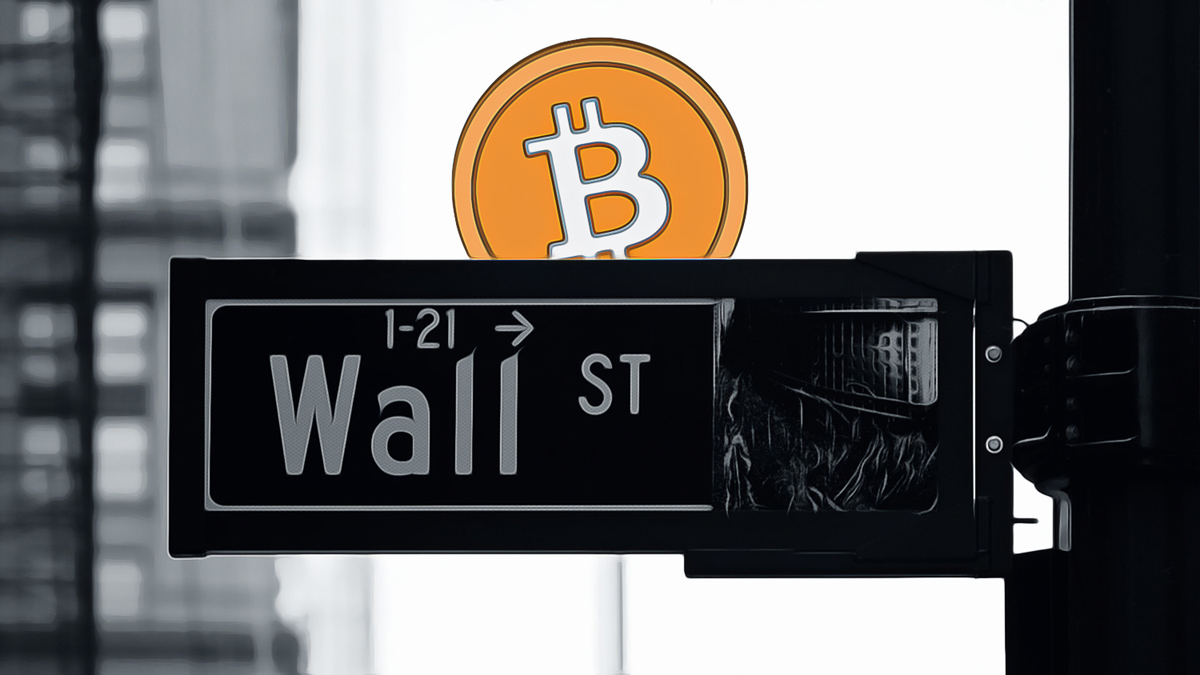Fluctuations in Bitcoin  $84,239 prices continue to unsettle the market. Following a recent decline, Bitcoin fell below $80,000, triggering significant market turbulence. Michael Saylor, founder of MicroStrategy, made an eye-catching statement to reassure investors, emphasizing the importance of maintaining a long-term perspective despite price drops. In a humorous tone, Saylor encouraged investors to “sell a kidney, keep your Bitcoin,” reiterating his confidence in the cryptocurrency.
$84,239 prices continue to unsettle the market. Following a recent decline, Bitcoin fell below $80,000, triggering significant market turbulence. Michael Saylor, founder of MicroStrategy, made an eye-catching statement to reassure investors, emphasizing the importance of maintaining a long-term perspective despite price drops. In a humorous tone, Saylor encouraged investors to “sell a kidney, keep your Bitcoin,” reiterating his confidence in the cryptocurrency.
Impact of Bitcoin’s Price Drop and Market Reactions
Bitcoin’s fall below the $80,000 mark has resulted in substantial losses in the cryptocurrency market. A weekly decline of over 18% has altered investor risk perception. Factors such as liquidity issues, macroeconomic uncertainties, and global trade barriers continue to exert pressure on the market.
Saylor’s Bitcoin investments are viewed as risky due to the company’s debt burden exceeding $8 billion. Critics have flagged Saylor’s continued high-price purchases of Bitcoin. However, he underscores that the company will never sell its Bitcoin investments, maintaining his long-term strategy.
Discussions on Bitcoin as a Strategic Reserve in the U.S.
Michael Saylor does not see Bitcoin merely as an investment tool. In a recent meeting with the U.S. House Financial Services Committee, he argued for Bitcoin’s consideration as a strategic reserve. This meeting is seen as a significant step toward developing regulatory frameworks for cryptocurrency technologies in the U.S.
American politicians and financial experts highlight Bitcoin’s potential to enhance payment systems. Congressman Dan Meuser expressed optimism, stating that the Financial Services Committee would establish a rational legislative framework on this issue.
Saylor articulates that Bitcoin supports individual freedoms and a free-market financial model. He also emphasized Bitcoin’s positive impact on the global economy during a private meeting with noted entrepreneur Jeff Bezos. According to Saylor, Bitcoin offers a system that strengthens financial independence, and therefore should be embraced as a long-term store of value.

 Türkçe
Türkçe Español
Español








